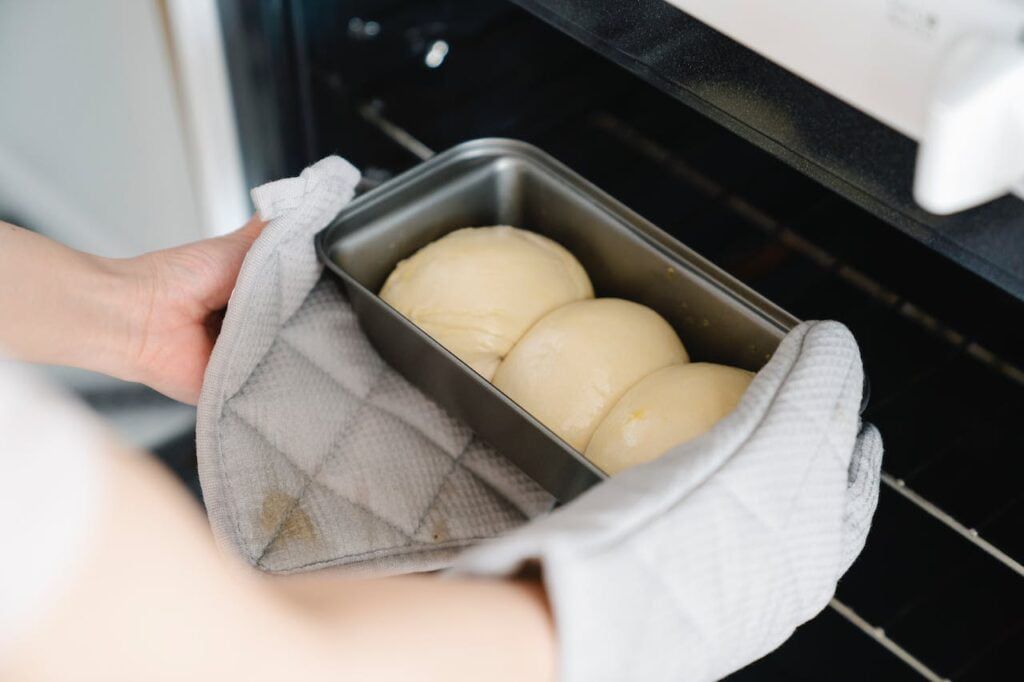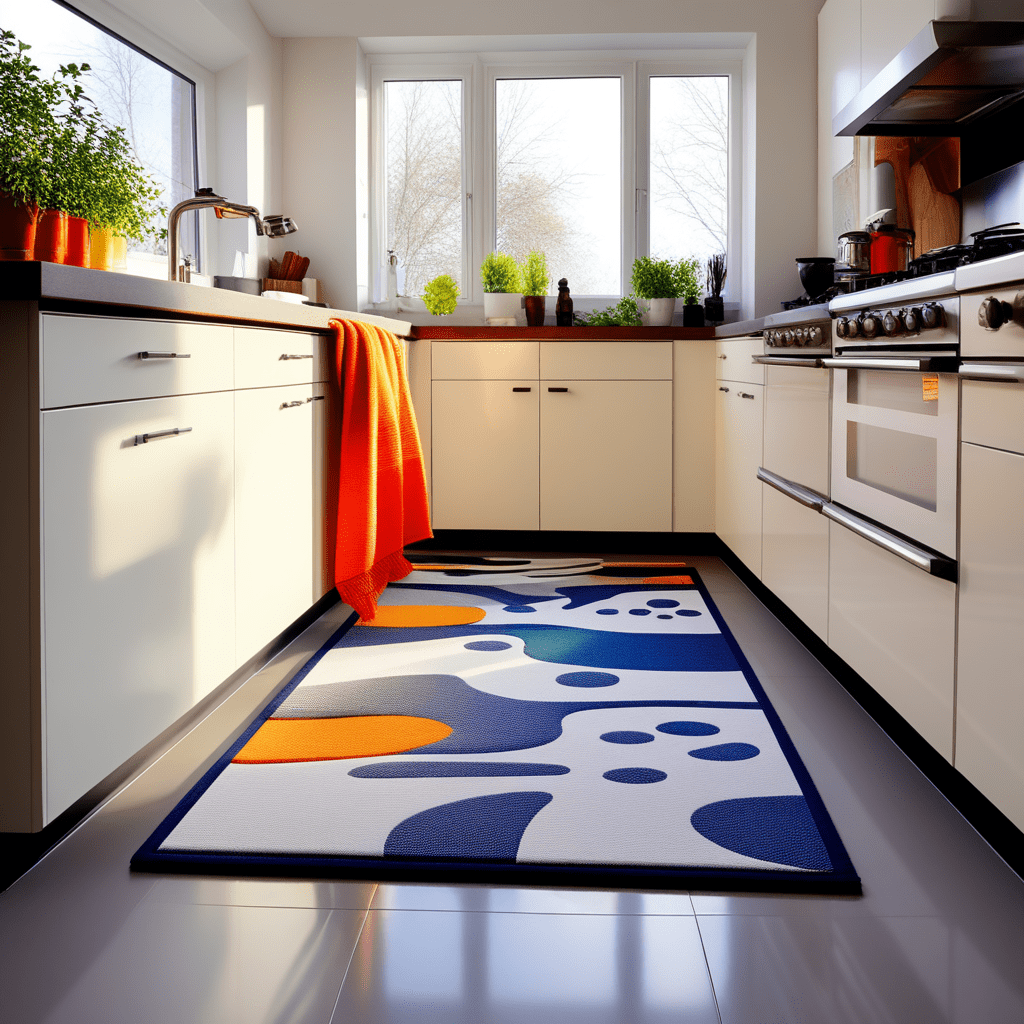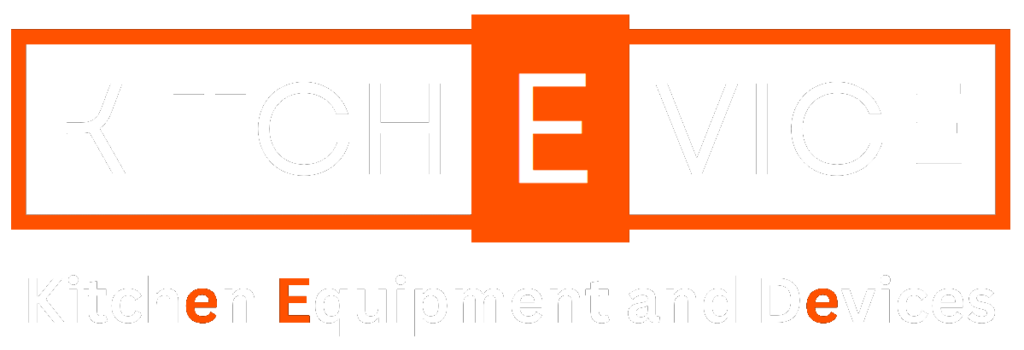[wpcode id="8574"]
Kitchen Safety 101: Essential Tips to Prevent Accidents
- Editorial Staff
- No Comments

The Kitchen Advice You Need
Welcome to our comprehensive guide on kitchen safety! The kitchen is often considered the heart of the home, where delicious meals are prepared and cherished memories are made. However, it’s also a place where accidents can happen if proper precautions are not taken. In this article, we will provide you with essential tips to ensure a safe and accident-free kitchen environment. From preventing burns to avoiding food contamination, we have got you covered. So, let’s dive in and learn the ins and outs of kitchen safety!
Table of Contents
Importance of Kitchen Safety
The kitchen can be a potential danger zone if safety measures are not taken seriously. It’s crucial to prioritize kitchen safety to protect yourself and your loved ones from accidents. By following the tips mentioned in this article, you can create a safe and secure environment in your kitchen. Remember, prevention is always better than cure, and practicing kitchen safety will significantly reduce the risk of accidents.

Preventing Burns and Scalds
Burns and scalds are among the most common kitchen-related injuries. Follow these tips to prevent burns and scalds:
- Always use oven mitts or heat-resistant gloves when handling hot pots, pans, or dishes.
- Keep pot handles turned inward to prevent them from being knocked over or grabbed by children.
- Use back burners whenever possible, and keep children away from the stove.
- Avoid wearing loose clothing that can easily catch fire.
- Keep hot liquids away from the edge of countertops and tables to prevent accidental spills.
- Use caution when removing food from a microwave, as steam can cause scalds.

Avoiding Slips and Falls
Slips and falls in the kitchen can lead to serious injuries. Here are some preventive measures:
- Clean up spills immediately to prevent slippery surfaces.
- Use slip-resistant mats or rugs near the sink and stove.
- Keep the floor clear of any clutter or obstacles that may cause tripping.
- Install proper lighting to ensure good visibility in the kitchen.
- Wear non-slip shoes while working in the kitchen.

Fire Safety in the Kitchen
Kitchen fires can escalate quickly if not handled properly. Follow these fire safety tips:
- Install a smoke detector in or near the kitchen and test it regularly.
- Keep a fire extinguisher within reach and know how to use it.
- Never leave the kitchen unattended while cooking.
- Keep flammable objects, such as curtains and towels, away from open flames.
- In case of a grease fire, never use water. Use a fire extinguisher or cover the flames with a large lid to smother the fire.
Handling Utensils and Appliances Safely
Proper handling of utensils and appliances is essential to prevent accidents. Consider the following tips:
- Keep sharp knives and utensils out of reach of children.
- Always use the correct knife for each task and maintain a firm grip on it.
- Unplug appliances when not in use and keep cords away from water sources.
- Follow the manufacturer’s instructions for operating appliances safely.
- Regularly check for frayed or damaged cords and replace them immediately.
Preventing Food Contamination
Maintaining food hygiene is crucial to prevent illnesses caused by contamination. Follow these guidelines:
- Wash your hands thoroughly before handling food.
- Use separate cutting boards for raw meat, vegetables, and fruits to avoid cross-contamination.
- Store raw and cooked foods separately in the refrigerator.
- Cook food thoroughly to kill any harmful bacteria.
- Avoid consuming expired or spoiled food.

Proper Storage and Handling of Chemicals
Chemicals used in the kitchen, such as cleaning agents and pesticides, require proper storage and handling. Consider these tips:
- Store all chemicals in their original labeled containers.
- Keep chemicals out of reach of children and pets.
- Follow the manufacturer’s instructions for storage and use.
- Use chemicals in a well-ventilated area and wear protective gloves if necessary.
- Dispose of chemicals properly according to local regulations.
FAQ
In case of a grease fire, it’s important to remember not to use water, as it will only fuel the flames. Instead, you should try to smother the fire by covering it with a large lid or using a fire extinguisher specifically designed for grease fires. If the fire becomes uncontrollable, evacuate the area immediately and call emergency services.
It is recommended to test your smoke detector at least once a month to ensure it is in proper working condition. Additionally, make sure to replace the batteries twice a year or as recommended by the manufacturer.
No, it is important to use separate cutting boards for raw meat, vegetables, and fruits to prevent cross-contamination. This helps to avoid the transfer of harmful bacteria from raw meat to ready-to-eat foods.
If you accidentally cut yourself while handling knives, immediately apply pressure to the wound using a clean cloth or bandage to stop the bleeding. Clean the wound with soap and water, and cover it with a sterile bandage. If the cut is deep or does not stop bleeding, seek medical attention.
To properly dispose of kitchen chemicals, such as cleaning agents or pesticides, it is important to follow local regulations. Contact your local waste management authority or check their website for specific guidelines on how to dispose of such chemicals safely.
Thank you for reading our comprehensive guide on kitchen safety. By following these essential tips, you can create a secure environment and reduce the risk of accidents in your kitchen. Remember, safety should always be a top priority. Happy cooking!
Disclaimer: The information provided in this article is for educational purposes only and should not be considered as professional advice. It is always recommended to consult with relevant experts for specific concerns and situations.

